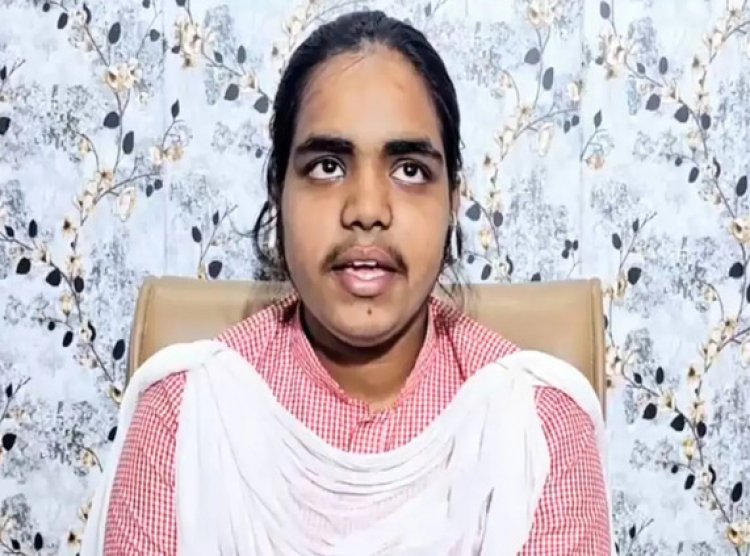Trolling of UP Board Topper Prachi Nigam Exposes Global Issue of Beauty Standards
We interview young women, mothers, and experts to explore online trolling and unfair beauty standards' effects on adolescent girls

The recent online harassment of Prachi Nigam, the top scorer in the UP Class 10 Board exams, has reignited discussions about the pervasive issue of beauty standards, particularly for young girls, across the globe.
Nigam's ordeal is not an isolated incident confined to India; it reflects a global trend affecting young girls worldwide. From South Korea to the United States, societal emphasis on appearance often leads to unfair and unattainable beauty standards, influencing how girls perceive themselves and their worth.
The Psychological Impact
Experts warn that online trolling and cyberbullying can have detrimental effects on the mental health and self-esteem of young individuals. Neha Cadabam, a senior psychologist, notes that victims of online harassment often experience heightened levels of anxiety, depression, and emotional distress.
A study published in the Journal of Adolescent Health reveals that both victims and perpetrators of cyberbullying report lower self-esteem, higher depression rates, and increased engagement in problematic behaviors.
Societal Pressures and Body Image
In today's digital age, external validation through likes and comments exacerbates the pressure placed on young girls by societal beauty standards. Sohini Rohra, a counseling psychologist, emphasizes the correlation between these standards and negative body image, leading to anxiety, depression, and eating disorders.
Abhilasha Daga Lakhani, a PR consultant, recalls the societal pressure she faced regarding beauty ideals, which often equated attractiveness with fair skin and slim figures. Such standards not only affect self-esteem but also influence behavior, as evidenced by comments and actions experienced during her school years.
Empowering Girls to Embrace Individuality
Amidst these challenges, there is a growing call to empower girls to embrace their individuality and achievements, rather than conforming to narrow beauty standards. Anita Saxena emphasizes the importance of instilling confidence in girls, regardless of their physical appearance, to navigate societal pressures.
Seema Gupta reflects on her daughter's transition from school to college, highlighting the need for parents to support their children's individuality and provide guidance during critical stages of development.
Breaking the Cycle: Parental and Educational Roles
Dr. Vinutha G, an obstetrics and gynecology consultant, stresses the importance of educating young girls about puberty and normalizing bodily changes to promote self-acceptance.
Sanjana Gupta advocates for greater diversity celebration in society to combat narrow beauty ideals perpetuated by media and advertising. Additionally, experts recommend that parents and schools play a proactive role in addressing cyberbullying by fostering open communication and providing support services for affected individuals.
Ultimately, breaking free from the cycle of unrealistic beauty standards requires collective efforts from parents, educators, and society as a whole to create a more inclusive and accepting environment for all individuals, regardless of appearance.

 Sumit Rawat
Sumit Rawat 










